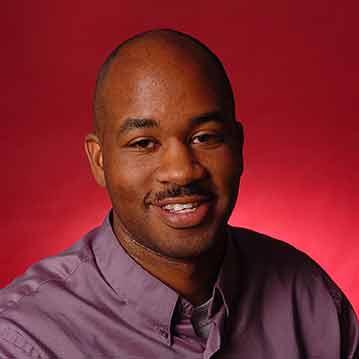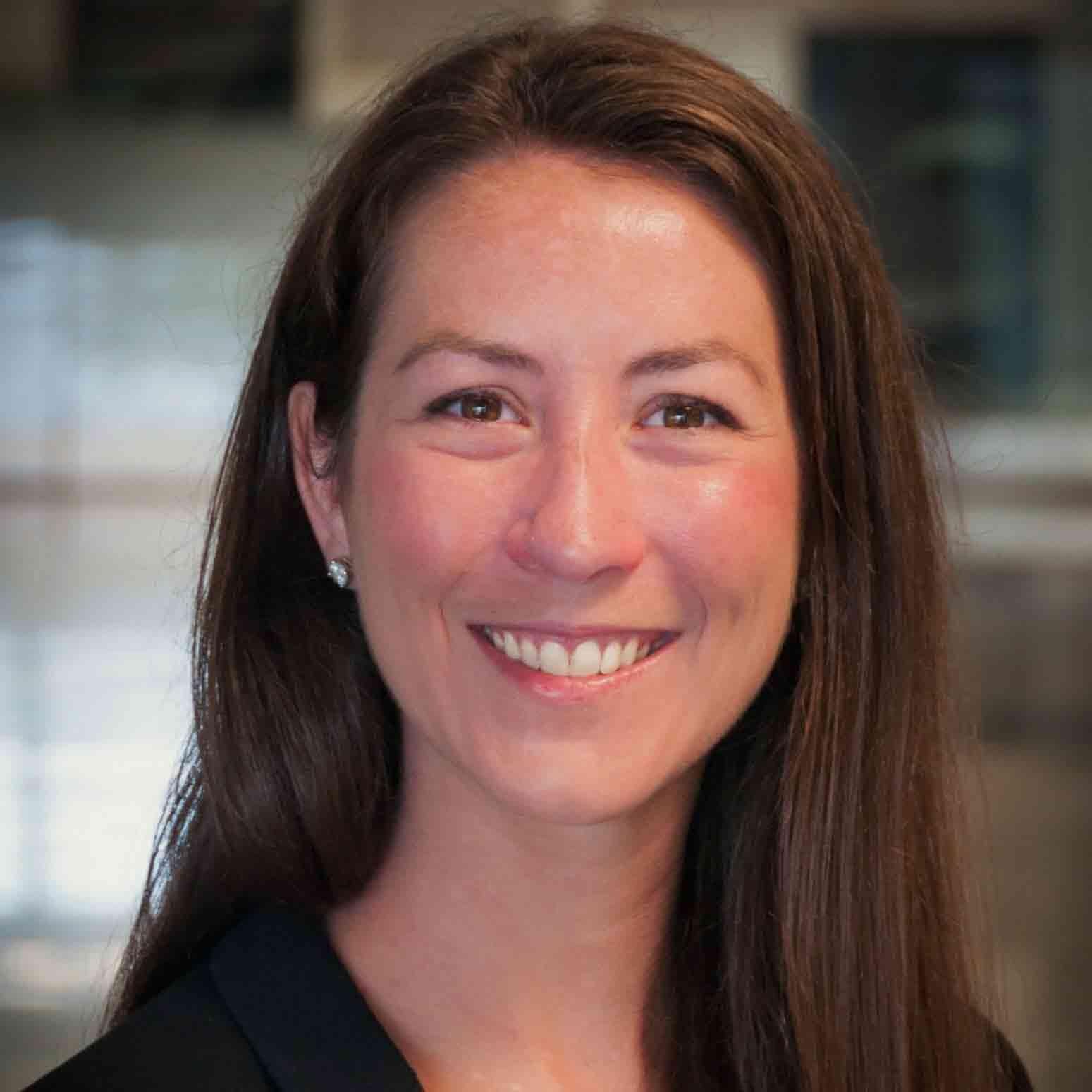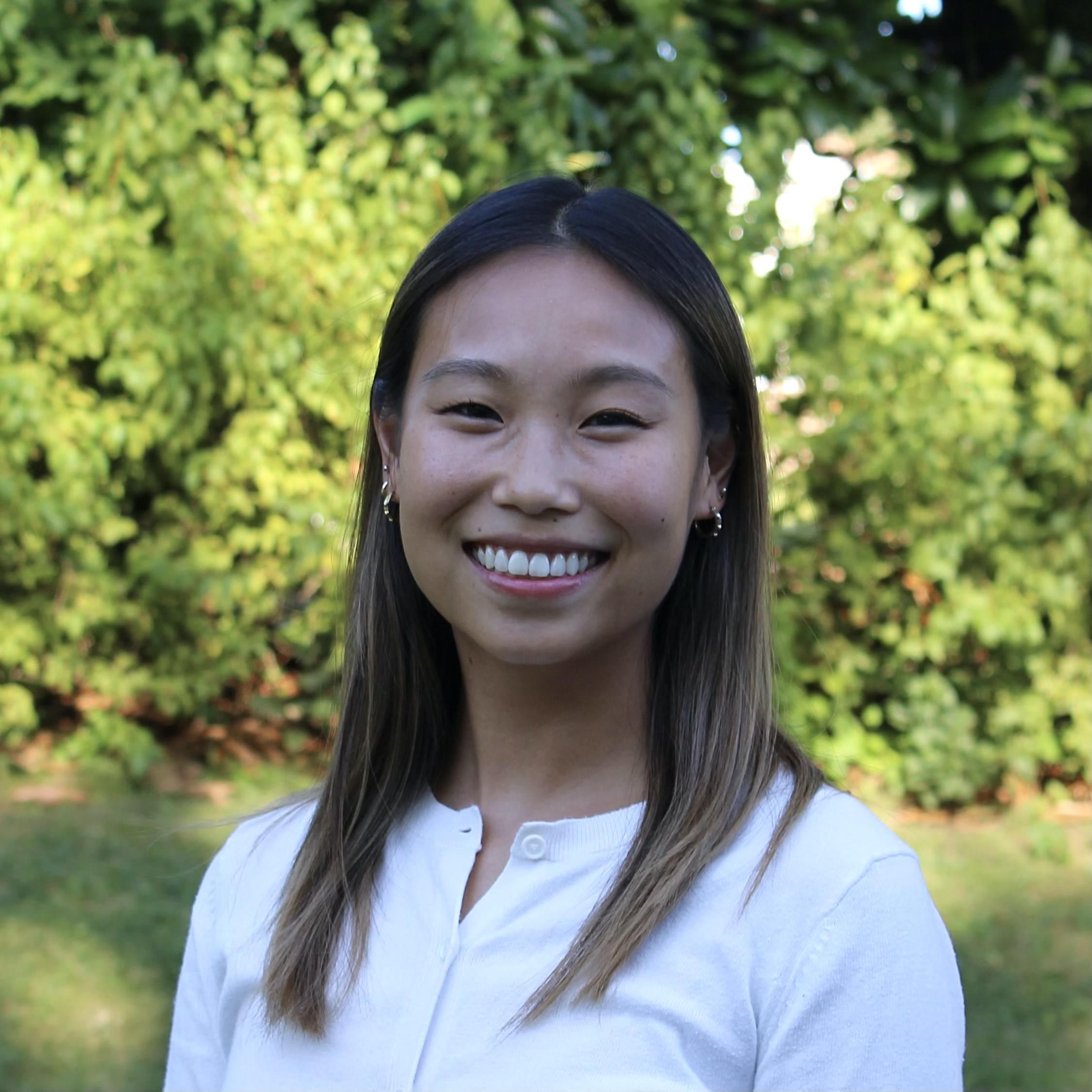Arts
Examining the role of The Arts as a catalyst for healing, transformation and action
Introduction
The practice of Art—in its infinite forms, functions and implications—is the most accessible and universal way of constructing meaning out of the world we inhabit.
Our Philosophy: The Arts are not just for experts. They are not solely for the enjoyment of the elite. They are not a superfluous extravagance. The Arts are for us all, expert and novice alike. They are not just an end in and of themselves, but a means. They shape, and are shaped by the world we inhabit.
Students in the Arts Scholars program gain a deeper understanding of the impact of art as a means to explore society and culture against the backdrop of our individual differences and shared experiences.
What you can expect: No matter your major, area of artistic interest, or skill level, as a member of our community, you will be challenged to strengthen your personal artistic skill set, experiment with new and different art forms, and gain a deeper understanding of the value of the arts in our personal and collective lives. We will investigate the power of the arts to:
- Communicate difficult concepts
- Advocate for social change
- Investigate the human experience
- Explore our own identities
- Develop our capacities as creative problem solvers and critical thinkers
- Reinforce, but also upend existing systems of inequality and oppression
Colloquium and Lecture Topics
Through a mix of lectures, discussions, demonstrations, collaborative art-making and interactions with guest artists, students consider:
- What is art? What is “good” art? Understanding social definitions of art and their influence on our beliefs of what should or should not be considered art.
- What does research look like in The Arts? Exploring common methods of research aligned with professional artistic practice.
- How have The Arts legitimated and perpetuated systems of inequality across race, socio-economic status, gender, etc.? Conversely, how can we leverage The Arts to generate equity and belonging? How can The Arts reshape or recontextualize understanding of our (individual and societal) learned history, biases and beliefs?
- West African djembe: Exploring the role of music in community building, storytelling and cultural understanding.
I have been challenged to think differently, work cooperatively, embrace creativity and, most importantly, go beyond the limits I have set for myself. Because of this program, I can confidently say I feel infinitely more prepared for the “real world,” and for that confidence and growth, I could never be more grateful.
Other Learning Opportunities
A variety of learning opportunities supplements the Arts curriculum. As an Arts Scholar, you will be introduced to artists, professional ensembles and world-class institutions each semester, through workshops led by guest artists; attendance at live performances in Washington, DC, New York City and on campus; and visits to the Smithsonian's renowned art and history museums.
In addition, you will get a chance to:
- Conceptualize, execute and present a capstone project of your choosing during your second year;
- Participate in service-learning with local schools and arts nonprofit organizations; and
- Cultivate valuable leadership and communication skills through peer mentoring and peer teaching opportunities.
Curriculum Overview
Over the two-year program experience (four semesters), students will complete up to 6 credits of supporting courses that will count toward your Arts Scholars citation. In most cases, these will also fulfill General Education requirements. Note that your Scholars courses—colloquiums, capstone practicum and supporting courses—will generally be in addition to any courses you take to satisfy major requirements.
The following represents a typical two-year curriculum, but individual schedules may vary. Details about courses and requirements can be found on the Arts Citation Checklist.
| SEMESTER | COURSE | CREDITS |
|---|---|---|
| Semester 1 | CPSA 100: Colloquium I | 1 credit |
| Semester 2 | CPSA 101: Colloquium II | 1 credit |
| Semester 3 | CPSA 200: Colloquium III | 1 credit |
| Semester 4 | CPSA 201: Colloquium IV | 1 credits |
| CPSA 240: Service Learning; or CPSA 250: Research (DSSP); or CPSA 260: Peer Teaching (DSSP) |
2 credits 2 credits 2 credits |
|
| Semester 1, 2, 3, or 4 | Supporting Course (var. Gen Ed) Supporting Course (var. Gen Ed) Supporting Course (DVUP or DVCC) |
3 credits 3 credits 3 credits |
Sponsoring College
Faculty



The Diamondback: UMD students' dance workshop highlights Japanese Butoh style, May 2022
Arts News
‘Why Doesn’t Everybody Want to Do This?': A New Teacher’s Midyear Reflection
The following article originated in EducationWeek:Saxon Brown, a College Park Scholars Arts program and UMD alum, possesses a rare combination of childlike idealism and old soul pragmatism. Both traits have come in handy to the first-year English teacher at Bel Air High School, a large school of about 1,500 students in a suburb north of Baltimore. The 22-year-old is far closer in age to his students than he is to his colleagues, most of whom range from 40 to 65.Earlier this month, Brown spoke to Education Week about how he’s faring in his first year, which is widely seen as the start of the “make or break” period for new teachers.
Two More Programs Added to Scholars for 2024-25
COLLEGE PARK, MD. – College Park Scholars in Fall 2024 will add two programs to its roster of two-year living-learning experiences for academically talented students, but one will look and sound familiar.Data Justice will debut, and the University of Maryland’s CIVICUS program will relaunch with a new name: Civic Engagement for Social Good.The expansion will bring the number of Scholars programs to a record of 13 and provide 150 additional first-year students with the opportunity to begin their college journeys as members of an intellectually rich and socially vibrant Scholars community.
Scholars Celebrates Citation and Founders Circle Award Winners at Annual Ceremony
When the Citation class of 2023 entered the University of Maryland, they were already adjusting to a rapidly changing world being constantly reshaped by the Covid-19 global pandemic. One thing that didn’t change – their commitment to excellence in the classroom. All who successfully completed the requirements of their respective Scholars program received their official Scholars citation. But there were some that went above and beyond the expectations, leaving a lasting impact on the community.
Invasive plants threating DC parks
University of Maryland students partnered up with Montgomery Parks staff and volunteers for an important day of pulling weeds.
Fall 2023’s Fresh Faces
This class of 4,750 new Terps includes a unique group of artists, athletes, scientists and entrepreneurs prepared to leave their unique mark on campus in and out of the classroom. Meet nine members of the incoming freshman class, including an Arts Scholar, excited to bring their skills and passions to campus.
Practicum Offers Hands-On Ways to Learn About ‘Complicated Issues In and Out of the Classroom'
Incoming students often hear about the various experiences that Scholars take on in their practica–the capstone project or culminating hands-on learning all College Park Scholars are required to complete in their second year. Though specific practicum requirements vary by Scholars program, students are commonly able to meet program needs by engaging in an internship, doing service-learning or conducting research.


